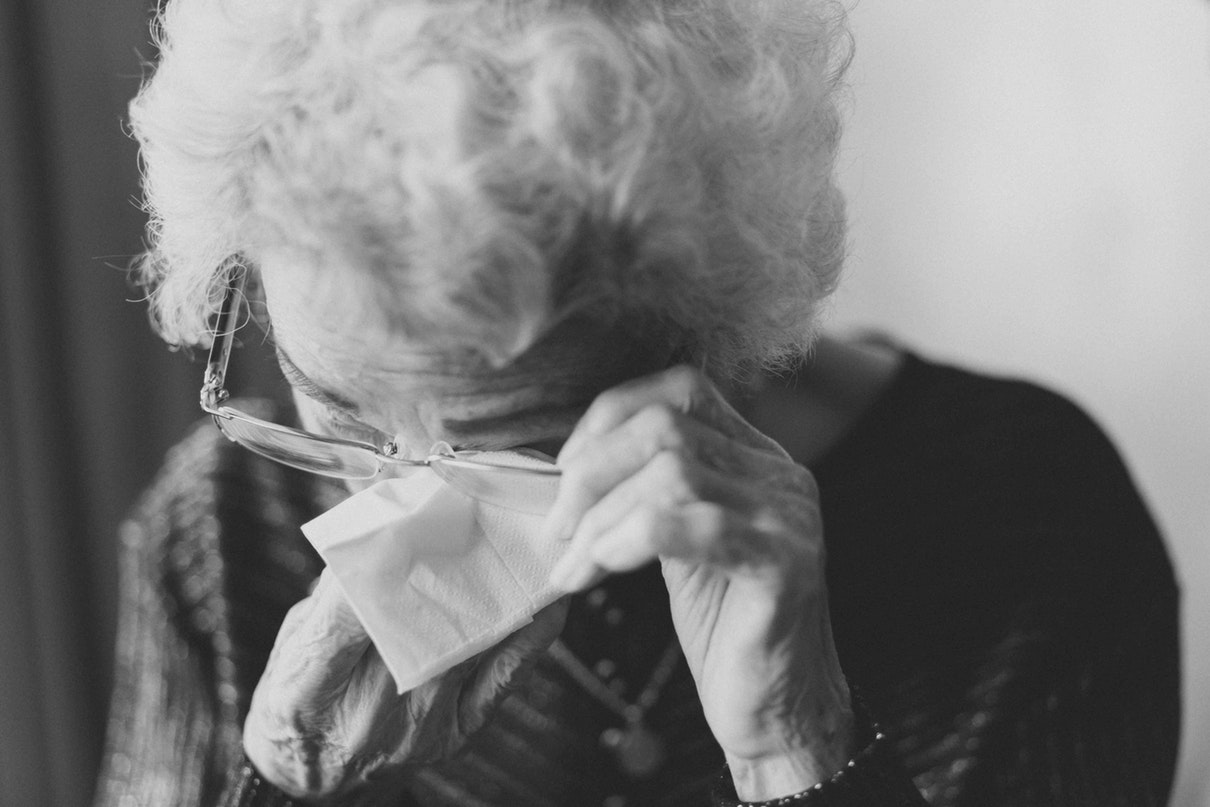Allergies

No matter what you decide you will need to take the appropriate steps, one step to owning a cat when you have allergies is proper hygiene, though you could argue that this goes for owning a cat even if you do not have allergies. It is good practice to make you are hand-washing after touching the cat, and avoide allowing the cat to lick or come near your face.
Many people think that they need to buy a special type of cat, and I will be honest, I really do not know the right answer for you. But there are many people who have had success owning shelter cats and have allergies. Again hygiene is important. If you think you may want to give this a try there are ways to do it. And many shelters will be happy to work with you.
Who knows, things may actually work out well. So you may just want to try fostering a normal, adult cat for a local foster group. If the allergy is too much nobody is put out and the cost is zero. If she works out, then you could just adopt her.
Light-colored females, long-haired cats produce less Fel d1, but it is not always the case tend to have less allergens.
However, if you decide to still adopt a Balinese, or Siberian, you could try to look into other breeders that may allow refunds if it doesn't work out. This will, generally speaking, be rare. The reason is economic, there is a steep drop off in value of a young kitten to an older one in just a few months.
But please be aware, there are no hypoallergenic cats and he could have a problem no matter what. If you aren't allergic to kittens that doesn't mean that you won't be allergic when the cat grows. The reason is because kittens produces less FelD than an adult cat.